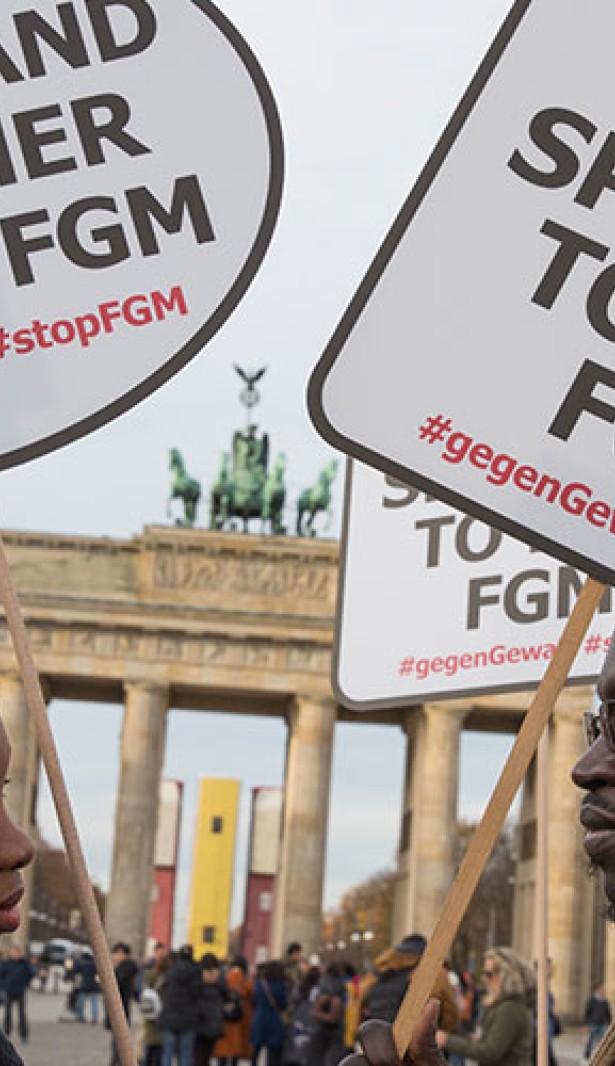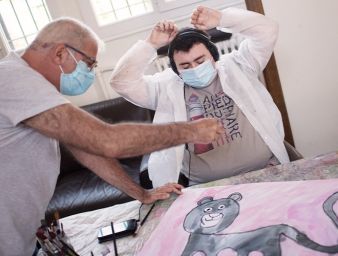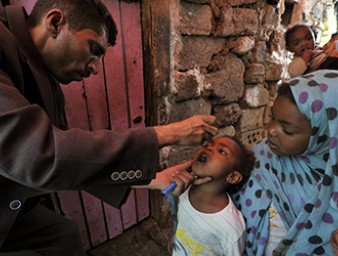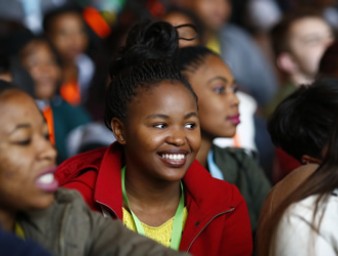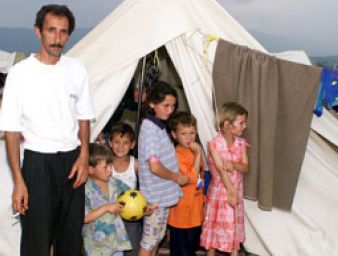“Female genital mutilation can be stopped,” says HC
01 July 2021
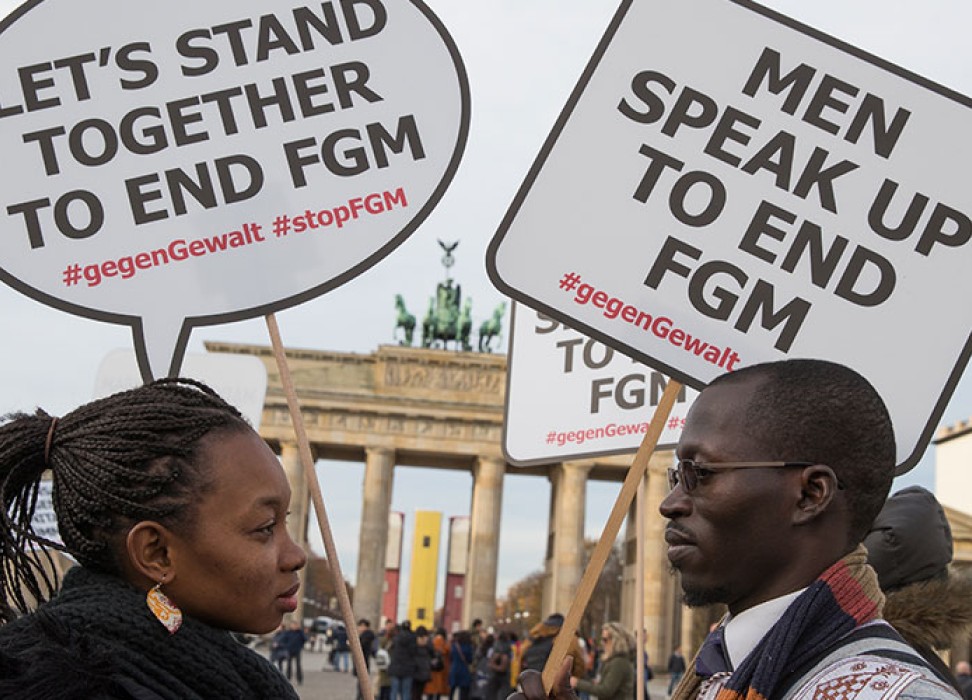
“Female genital mutilation (FGM) can be prevented, and it can be stopped, so that millions of women and girls can enjoy a life to their fullest potential,” said Michelle Bachelet, UN High Commissioner for Human Rights.
Women and girls continue to undergo the harmful practice, which may be present in more than 90 countries worldwide, Bachelet said in a video message during a high-level panel event on FGM at the Human Rights Council. The panel discussion focused on the importance of a multi-sectoral approach on ending the practice of FGM and the creation of bolder policies and programs to address FGM in the context of the COVID-19 pandemic.
Before the COVID-19 pandemic, more than 200 million girls and women were victims of FGM and four million girls were at risk every year, she added.
However, the global pandemic is putting more women and girls at risk. Today, more than 20 million girls may never return to secondary school, which is known to reduce FGM, Bachelet said. The loss of jobs, school closures and income, as well as the shifting goals of policy makers and donors are increasing the risks of this oppressive practice, she added.
“Unless the prevention and elimination of this harmful practice is prioritized and integrated in COVID-19 national response plans and humanitarian actions, many girls will be at a higher risk of undergoing FGM by 2030,” Bachelet said.
In July 2020, the Human Rights Council adopted resolution 44/16 on the elimination of female genital mutilation to speed up efforts to reach zero tolerance for FGM by 2030 and to restate the global ban on the harmful practice as it constitutes a serious violation of women’s rights.
The number of women and girls mutilated every year globally could rise to 4.6 million by 2030 if the goal of zero tolerance isn’t reached, said Natalia Kanem, Executive Director of the United Nations Population Fund (UNFPA).
While this may seem bleak, coordination among leaders in Governments and civil society has improved, Kanem explained.
“We see multi-sectoral national plans with dedicated budget lines to address FGM,and legally mandated coordination mechanisms, like Kenya’s anti-FGM board,” Kanem said. “The UNFPA/UNICEF Joint Programme also engages traditional and community leaders, religious authorities, parents, and others in positions of authority.”
Kanem experienced this first-hand during her recent mission to Sudan when she met a leader known in her community as “Mama Iqbal.”
Mama Iqbal told Kanem: “When we hear that a family intends to cut their daughters, we pack up our coffee cups and go talk to them.”
“This is what it will take to end FGM – more Mama Iqbals and other allies, including men and boys, working together in community after community,” she said.
Roch Marc Christian Kaboré, President of Burkina Faso, urged all States to make a universal commitment to prioritize the fight against FGM in their national projects and programs. In a video message, Kaboré pushed for allocating sufficient financial resources and utilizing global inter-organizational initiatives that promote zero tolerance by 2030.
As a way of improving these mechanisms and gathering more information on this progress where FGM is more widespread, Amira Elfadil Mohammed Elfadil,Commissioner for Social Affairs of the African Union Commission (AUC), promoted the strengthening of reporting and accountability. In 2019, the AUC, did just this, launching the African Union Saleema Initiative on Female Genital Mutilation to mobilize resources, action, monitoring, reporting and accountability.
“Investments such as the Spotlight Initiative Africa Regional Programme are lending critical capacity support needed to move this forward – with ending gender-based violence, harmful practices and strengthening human rights action taking center stage,” Elfadil said.
In Indonesia, more than half of FGM practices occurs before a girl reaches 4 months old, said Bahrud Fuad, Commissioner at the National Commission on Violence against Women of Indonesia.
“FGM is viewed as a religious requirement and a rite of passage,” Fuad said. “Medicalization of FGM has resulted in greater harm to girls due to the use of more invasive surgical techniques.”
To address these challenges, the Government built the capacities of ministries and created an advocacy coalition with religious leaders, academics, and civil society organizations, Fuad added.
While it’s vital to engage all of these experts, any multi-stakeholder rights-based and gender responsive approach should involve girls and women, Bachelet said. A comprehensive approach, she added, is to consider how the practice is linked to “discriminatory gender norms and stereotypes, as well as intersecting forms of discrimination and other root causes of gender inequality.”
“The silence must be broken — all voices must be heard, all realities known. We must act united against this dreadful practice,” Bachelet said.
1 July 2021
